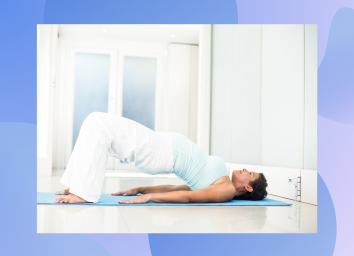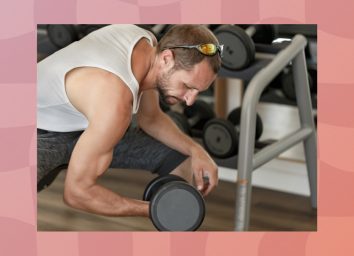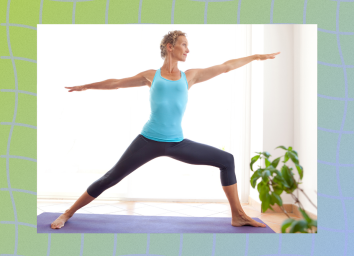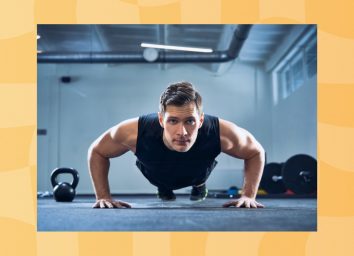The Worst Exercise for Your Immunity, Science Says
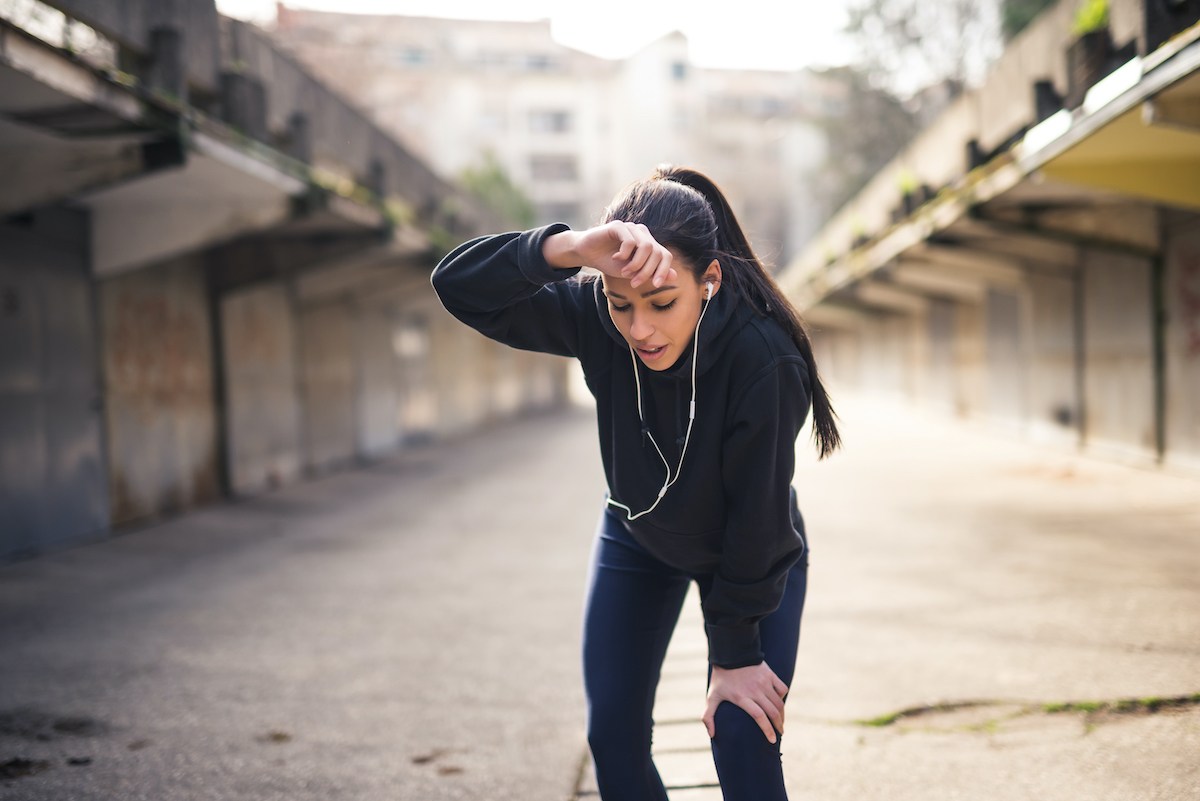
If you've been looking into how to help boost your immune system and strengthen your body's defenses against infection and disease, you've probably read by now that exercising is a good idea. Plenty of research indicates that exercise does the immune system a world of good. This study, published in the Journal of Sport and Health Science, concludes that moderate-to-intense exercise lasting under 60 minutes can kick the immune system into overdrive and "stimulate the ongoing exchange of distinct and highly active immune cell subtypes between the circulation and tissues."
Additionally, another research project published in the same scientific journal reports that while growing old, putting on excess weight, and leading a sedentary lifestyle all serve to weaken the body's defenses, consistent moderate-to-intense exercise improves both "immunosurveillance against pathogens" and reduces overall mortality risk in the event of a respiratory illness.
With the above findings in mind, the relationship between exercise and immune function appears to be clear cut: work out diligently and your immune system will thank you! While that is true for the most part, there's an important caveat to keep in mind. One distinct type of exercise appears to have the opposite effect, resulting in a weakened immune system and greater susceptibility to infection. Keep reading to learn about the worst exercise for your immunity. And next, don't miss the 3 Major Secrets to Living to 99, According to Betty White.
High intensity can be high risk
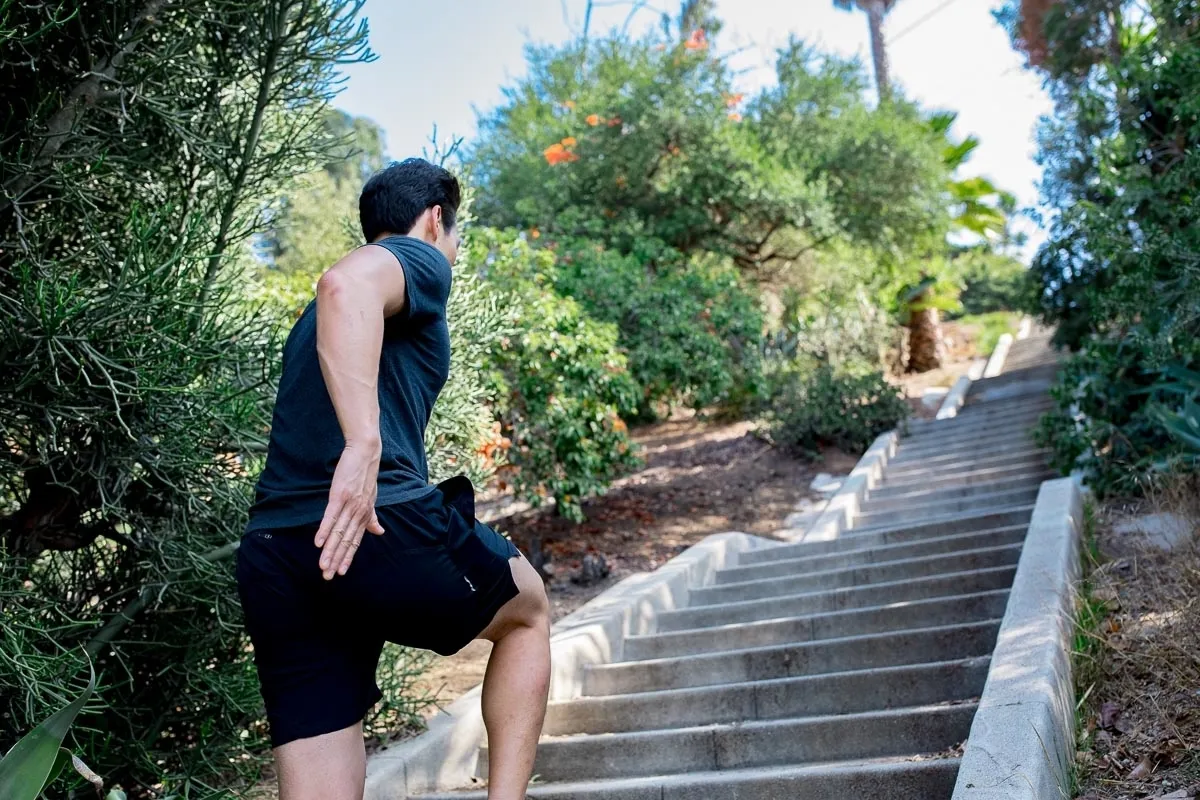
Just like pretty much everything else in life, it's very important not to overdo it while exercising. It may be tempting to push yourself to keep going that much harder and longer, but moderation is an important aspect of fitness. Overtraining can actually backfire from an immunity perspective, leading to a weakened immune system and higher risk of coming down with an illness.
"Overtraining that leads to chronic fatigue, performance decline and mood disturbances can decrease immune function, resulting in increased odds for respiratory infections," David Nieman, DrPH, FACSM, professor of health at Appalachian State University and director of the Human Performance Lab at the North Carolina Research Campus, told Runner's World. Importantly, Dr. Nieman is one of the main authors on both of the studies mentioned earlier, so he's certainly qualified to comment on the complex relationship between exercise and immune function.
Another study co-authored by Dr. Nieman published in The Journal of Sports Medicine and Physical Fitness found that runners may be more likely to develop an infection after participating in a marathon. Why? Well, a marathon is about as exact a definition of intense, super-long exercise as possible.
Moreover, the first study mentioned above also concludes that "high exercise training workloads, competition events, and the associated physiological, metabolic, and psychological stress are linked with transient immune perturbations, inflammation, oxidative stress, muscle damage, and increased illness risk."
In summation, workouts should be kept to under 90 minutes with only short bursts of high-intensity exercise sprinkled in here and there. Affording your body enough time to rest up in between gym sessions is another important factor. "I recommend keeping exercise training at normal levels until this pandemic gets under control," Dr. Neiman told Runner's World.
Related: Sign up for our newsletter for the latest health and fitness news!
Adding sleep to the equation
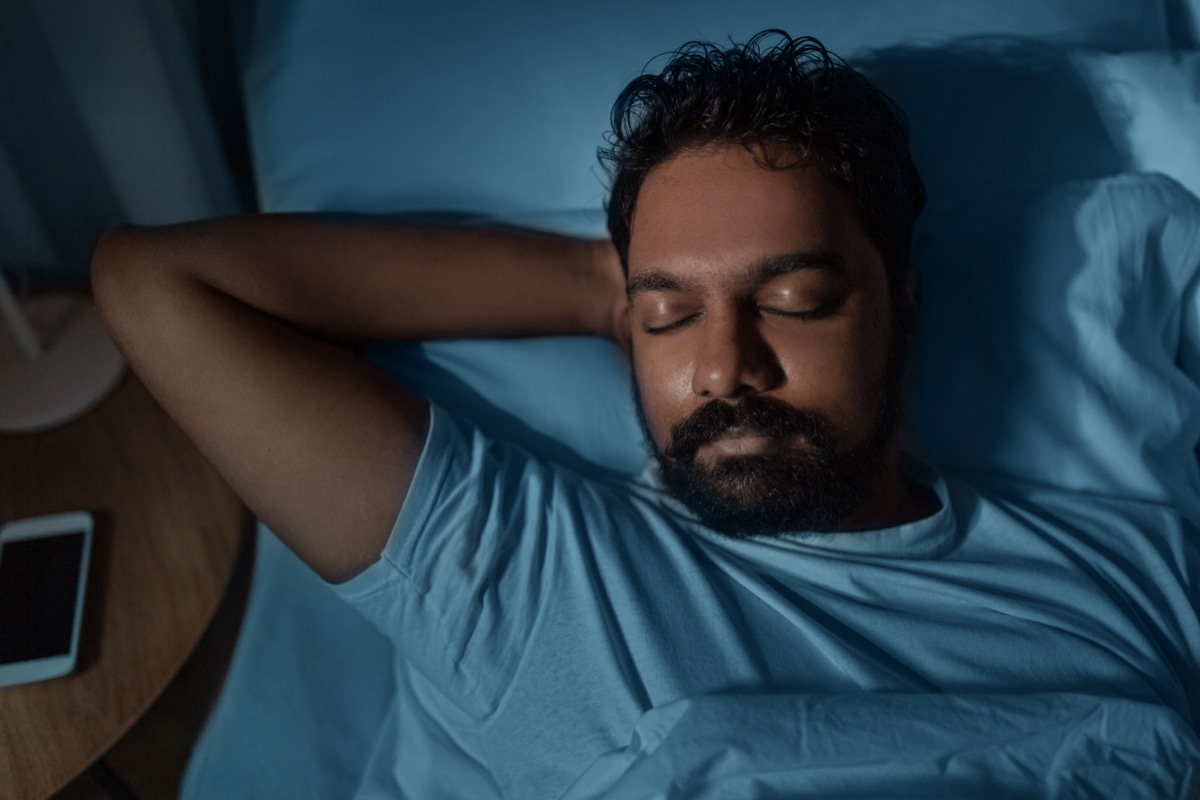
Besides exercise, getting enough sleep on a regular basis is another pillar of strong immune function. In short, if you're not sleeping enough, your immune system is going to decline. So, it's important to consider the effect of exercise timing on sleep.
Recent research published in Sleep Medicine Reviews finds that exercising pretty much anytime prior to roughly two hours before bedtime will help you fall asleep faster and stay snoozing longer. That's all well and good from an immunity perspective, but be sure not to break a sweat just before bed. The study authors add that exercising within two hours of hitting the sack often results in tossing and turning all night.
If you make the mistake of exercising shortly before bed, it can result in both poorer sleep, and as a consequence, diminished immune function.
Related: The #1 Worst Time to Exercise If You Love to Sleep
Opt for some sun
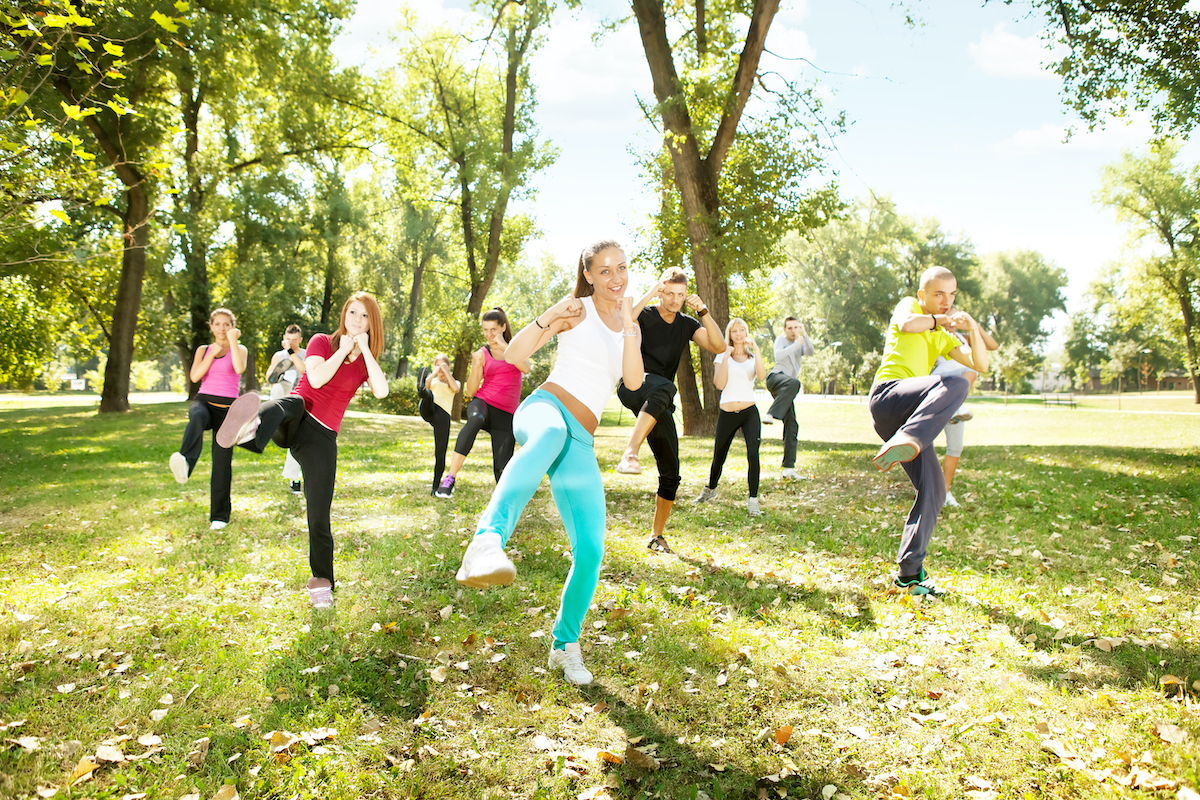
If you can, working out during the day in an outdoor setting is a great way to reap even more immune system benefits. Soaking in some sun rays will boost your body's natural production of vitamin D.
Vitamin D is integral to immune system regulation and functioning. A number of diseases and conditions are linked to vitamin D deficiency, and recent research even suggests that maintaining high vitamin D levels may help protect against COVID-19.
Related: The Verdict of Taking Vitamin D Supplements for Your Immunity
Moderation is key
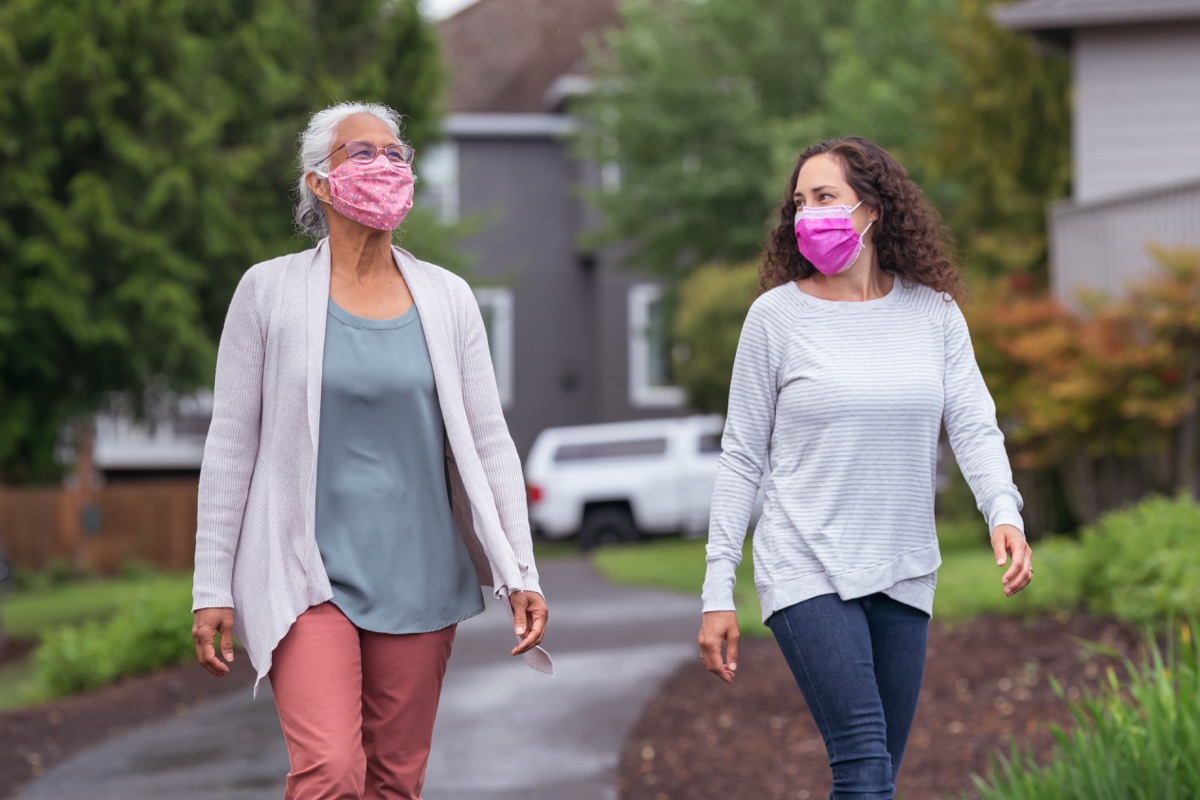
If all of this has left you feeling afraid to break a sweat, don't overthink it. Exercise, in general, is a great habit for our immune systems and bodies in general, and only hinders immune function when we push ourselves too hard for too long.
Something as simple as going for a walk can go a long way toward fostering improved immune protection. One research project published in Medicine & Science in Sports & Exercise reports a 30-minute walk is enough to increase white blood cell count.
For more, check out The Best Ways to Improve Your Immunity Naturally.
